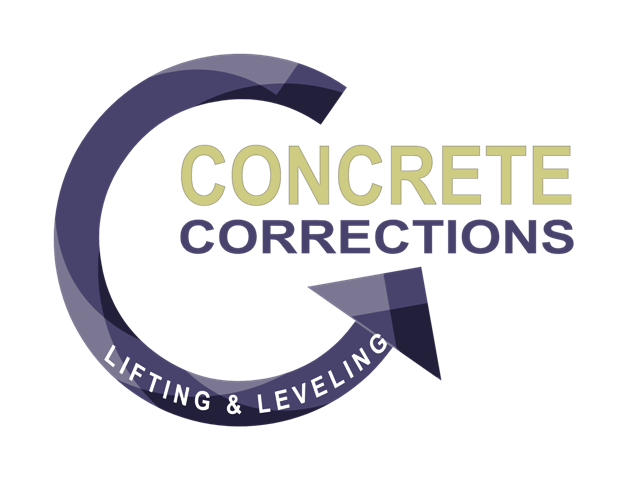 If you are ready to start the New Year off with home improvement ideas in mind, you are not alone. The New Year is an excellent time to consider making some repairs around your home before the spring. Home improvements can range from upgrading existing fixtures and finishes to knocking down walls and adding on square footage. Whichever improvements you have in mind, use these tips to guide you throughout the process if you need to hire a contractor: 1. Determine when to take action - Often times we see things around the house that need attention, but sometimes they get forgotten about until something major happens. For example, when it rains the water comes down that broken gutter, it floods out around the front porch and puddles every time. Well, the porch now has a void under it from erosion and the front step/sidewalk concrete area has just separated. The step is now inconsistent from the others, creating a major trip hazard. At this point, someone in your family has tripped a few times and maybe it's not a big deal yet, but a neighbor could fall and this sunken concrete is now a liability to you as the homeowner.  2. Compare apples to apples - If you're of the belief that you must always get 3 estimates before you hire a contractor, please make sure that you are comparing apples to apples. What I mean is this, there are a few trades out there that can do similar jobs, but their process and materials are very different. At Concrete Corrections, we lift/level and stabilize sunken concrete with polyurethane foam. There are other contractors out there that lift/level sunken concrete with a cementious material or grout. These processes are quite different and each may have their pros & cons, but they really shouldn't be compared as equals. So, if you're interested in mudjacking with grout, compare the mudjacking companies process & pricing. If you're wanting polyurethane foam, it would be wise to compare polyurethane foam companies process & pricing. 3. Know who you are hiring - They say that you can tell a lot about a person in the first few minutes. Some contractors don't ever answer their phones, some don't call back and some don't even show up after they've been hired. It is important that you get a feel for who you are hiring, even though it may seem like a small job. There are things you can do or questions to ask: take a look at their references, do they have a website, have you met them in person, get a professional estimate, what other projects have they done, etc.  3. Setting Expectations - It's so important for the customer and the contractor to be on the same page. Getting a professional estimate should spell out all the steps in any repair you're having done, but if it doesn't, ASK QUESTIONS. Here is an example, a customer has a cracked and sunken driveway that they want repaired and looking better. The contractor should have in their estimate that they will raise the sunken areas to level and repair/seal cracks, but the cracks in the driveway will still be visible. We don't want the customer thinking that they will come home to a brand new driveway and all cracks will disappear. Perhaps the driveway will then get a coating over the top to make it look brand new and the cracks will essentially "disappear", but make sure it's clear of what the job will entail and what is expected. Hiring a contractor to help out with home improvements doesn't have to be a "nightmare experience" that some people talk about. It's really a two way street and important for both parties to educate themselves on what they are getting into. Don't forget, if your contractor did a great job, let them know or give them a good review somewhere. It really does help!
12 Comments
|
Archives
November 2017
Categories
All
|
|
Copyright © 2024 l Concrete Corrections by ISS, Inc
|
Who We Are
We are a family owned and operated company based in coastal South Carolina and dedicated to providing a cost effective repair to compromised or settled concrete slabs and soil areas around the home or business, with access to a vast array of knowledge and polyurethane products. We promise to produce long lasting results that we are all proud of.
|
Contact Us
|
 RSS Feed
RSS Feed
